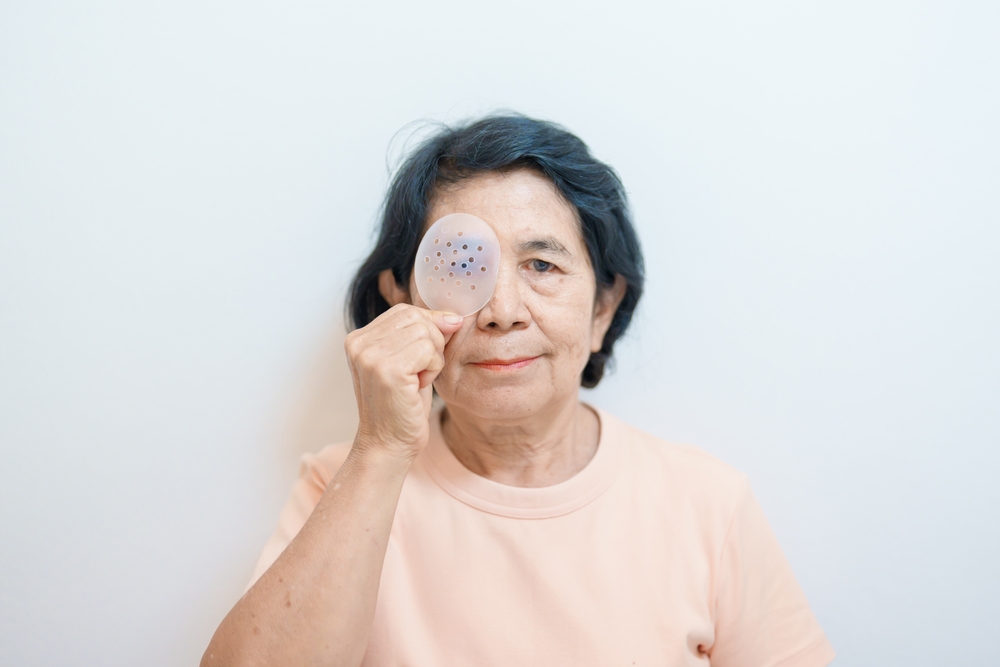
Cataract surgery is one of the most common and successful procedures performed today, offering clearer vision and an improved quality of life for millions of patients each year. While the surgery itself is typically quick and painless, the recovery period is an important part of ensuring the best results. Many patients also experience dry eye symptoms after cataract surgery, making it essential to know how to manage them effectively.
What to Expect After Cataract Surgery
Most patients notice improved vision within just a few days of surgery, but full healing may take several weeks. During this time, it’s normal to experience:
• Mild discomfort or itchiness
• Slight light sensitivity
• Occasional blurriness as the eye adjusts
Your eye doctor will provide specific instructions for your recovery, and following them carefully is the key to a smooth healing process.
Essential Recovery Tips
• Use Your Prescribed Eye Drops: Post-surgery drops help prevent infection and reduce inflammation. Be consistent with the dosage and timing recommended by your doctor.
• Protect Your Eyes: Sunglasses can help with sensitivity to light, while an eye shield may be recommended at night to prevent accidental rubbing.
• Avoid Strain: Steer clear of heavy lifting, bending, or strenuous activity during the first couple of weeks. Giving your eyes time to heal is crucial.
• Practice Good Hygiene: Wash your hands before applying drops or touching the area around your eyes. Avoid swimming pools, hot tubs, or environments that may expose your eyes to bacteria.
Managing Dry Eye Symptoms After Surgery
Dry eye is one of the most common side effects after cataract surgery. This happens because the procedure can temporarily disrupt the eye’s tear film. Symptoms may include burning, stinging, or a gritty sensation.
Here’s how to ease discomfort:
• Artificial Tears: Lubricating eye drops can provide much-needed relief. Choose preservative-free options for frequent use.
• Warm Compresses: Applying gentle heat to the eyelids can help stimulate oil glands and improve tear quality.
• Blink Breaks: If you spend time on screens, remember to blink often to prevent further dryness.
• Follow-Up Care: Let your eye doctor know if dryness persists. They may recommend prescription drops or in-office treatments.
Protect Your Vision With Expert Cataract Care
Life after cataract surgery can be transformative, restoring clarity and independence to daily activities. By following your recovery plan and taking steps to manage dry eye, you’ll give your eyes the best chance to heal comfortably and successfully.
If you’re experiencing cataracts or need support after cataract surgery, schedule a consultation with Pointe Vision Care to explore your options. Visit our office in Grosse Pointe Woods, Michigan, or call (313) 546-0600 to book an appointment today.








